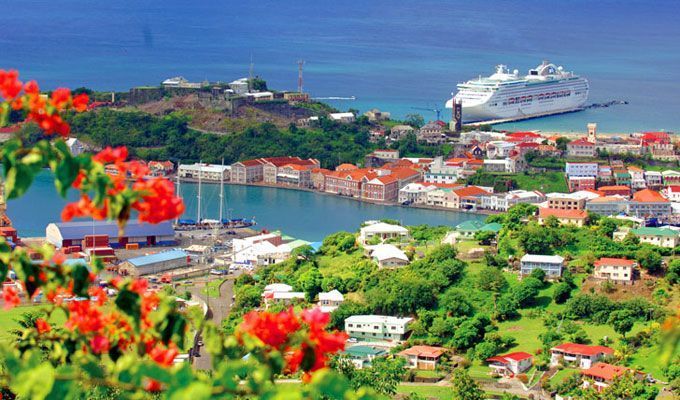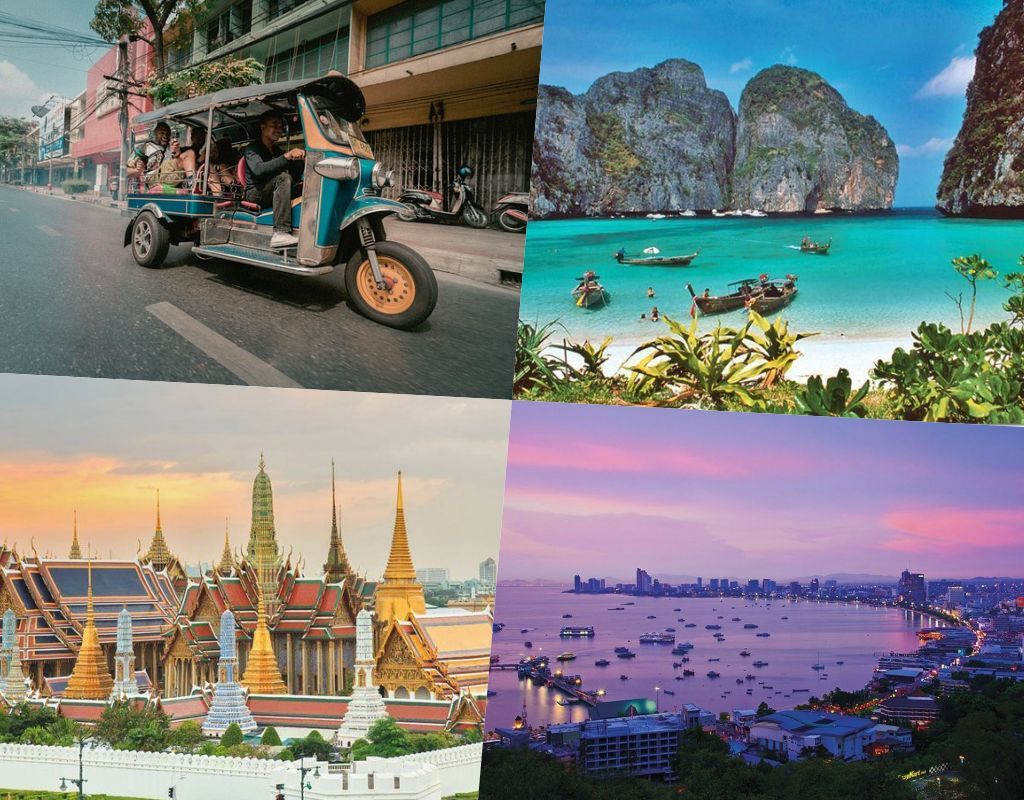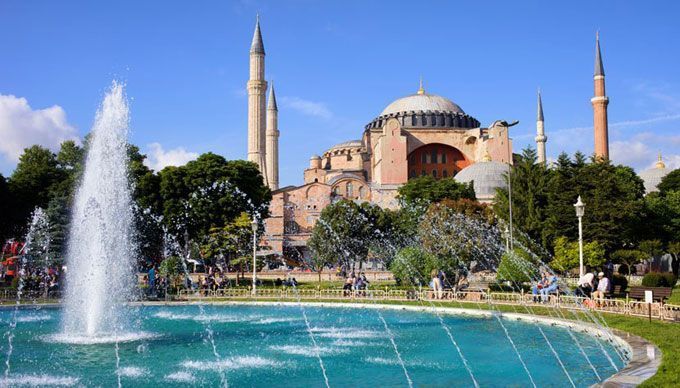After more than a year of restrictions on international travel, more European countries are reopening for U.S. leisure and other non-essential travelers.
Spain is the latest country to reopen to leisure travel, as Spanish government officials announced last week that the country will open to vaccinated travelers beginning June 7.
As the European Union takes steps toward reopening borders, it is up to individual member countries to decide when and how to lift their restrictions.
Spain announced that, as of 7 June, fully vaccinated travelers will be allowed to enter Spain with proof of vaccination with vaccines approved by the European Medicines Agency (EMA) or the World Health Organization (WHO).
Here’s who can travel to Spain right now:
- Nationals and residents of Spain and travelers arriving from European Union and Schengen-area countries and its nationals are allowed to enter.
- Ordinary residents of the European Union, Schengen Associated States, Andorra, Monaco, The Vatican (Holy See), or San Marino who go to that country, providing documentary proof.
- Passengers arriving from the United Kingdom.
- Holders of a long-stay visa issued by a Member State or Schengen Associated State who is heading to that country.
- Residents of Australia, New Zealand, Israel, Japan, Rwanda, Singapore, South Korea, Thailand, or China (including Hong Kong and Macao) provided that travelers have come directly from these countries or only made international transits at airports outside of these countries.
- Health professionals, including health researchers, and elderly care professionals who are heading to or returning from their work activity.
- Transportation personnel, sailors, and aeronautical personnel necessary to carry out air transport activities.
- Diplomatic and consular personnel, from international organizations, military, civil protection, and members of humanitarian organizations, in the exercise of their functions.
- Students who carry out their studies in the Member States or Schengen associated States and who have the corresponding permit or visa and medical insurance, provided that they go to the country where they are studying, and that the entry occurs during the academic year or the 15 days prior.
- Highly qualified workers whose work is necessary and cannot be postponed or carried out remotely, including participants in high-level sports events that take place in Spain. These circumstances must be justified by documentation.
- Persons traveling for duly accredited imperative family reasons.
- People who document reasons of force majeure or need, or whose entry is allowed for humanitarian reasons.
Passengers coming with or without stopovers from India, Brasil, Perú Colombia Sudáfrica, Botswana, Comoros, Ghana, Kenia, Mozambique, Tanzania, Zambia y Zimbabwe may only enter Spanish territory if they are:
- Residents of Spain or Andorra, or Spanish citizens.
- Spouses or partners with whom they maintain a union similar to the conjugal one registered in a public registry and those ascendants and descendants who live under his charge provided that they travel with or to meet him.
- Diplomatic, consular, international organizations, military, civil protection and members of humanitarian organizations, in the exercise of their functions
- Passengers with document reasons of force majeure or situation of need, or whose entry is allowed for humanitarian reasons
See hotel deals in Madrid, Málaga, Seville, Barcelona, Marbella, Valencia, Benidorm, Alicante, Las Palmas de Gran Canaria, and Ibiza.












